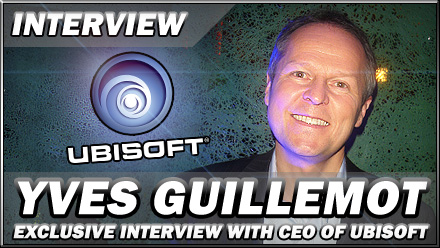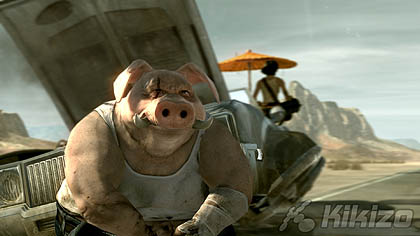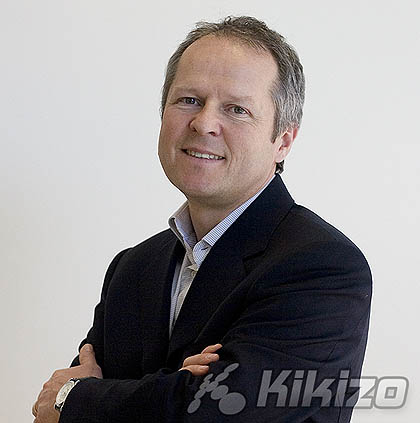 FIFA 09 is one of the tournament games on offer by UKeSA |
A new professional gaming league opens its doors to new gamers on Friday. The United Kingdom eSports association (UKeSA) has set up four professional and 22 amateur leagues. Players can compete using a PC, Xbox 360, Wii, or PS3 on up to 14 different titles, including Counter-Strike: Source, FIFA 09, and Call of Duty 4. Organisers hope they can avoid the fate of the Championship Gaming Series which folded at the end of 2008 when its principal media backers pulled out. The UKeSA's chairman, Ray Mia, told BBC News he had big plans for e-sport in the UK. "We've been planning this for several weeks and have put three levels in place: an open level where people play for fun, a semi-pro level that we hope will encourage people from all sectors, and then there is a pro-gaming part which launches today." The UKeSA has set itself up to be the Football Association of gaming. The launch on Thursday is the start of a process to make the UK the "most prominent and profitable sports market in the world," he added. There have been numerous other attempts to set up professional gaming leagues. The Championship Gaming Series which collapsed at the end of 2008 was the most recent casualty, but there were many others before it. Been here before Tim Pointing, who helped set up one of the first British gaming leagues, The UK PC Games Championships, back in 1998 said the UKeSA leagues showed promise. "They [UKeSA] are trying to pull together a diverse association to get e-sports off the ground and recognised. On the face of it, it all looks very good. "However, history makes me very cautious. One of the problems is that people see e-sports as a money making opportunity and, ultimately, own the sponsorship gateway.  Johnathan Wendel has said he wants to sponsor pro-gamers this year. |
"I really want someone to pull together a federation that can act as a sporting body with the best interests of the sport in mind, rather than trying to milk it for cash. I wish UKeSA luck," he said. While some gamers - such as Johnathan "Fatal1ty" Wendel and Sujoy Roy - have gone on to make a significant amount of money from pro-gaming it is still a long way off South Korea, where players such as Lim Yo-Hwan are not only rich, but also household names. Michael O'Dell, who runs professional team Dignitas, told BBC News it was a good time to launch a new league, despite the difficult economic climate. "The UKeSA is bringing structure to the sport and an organisation to leagues we have not seen before. "In the current climate it's hard to get sponsors, but people will buy games. We're going to see a lot more people staying in and playing games. I don't think gaming will have a recession." | 










